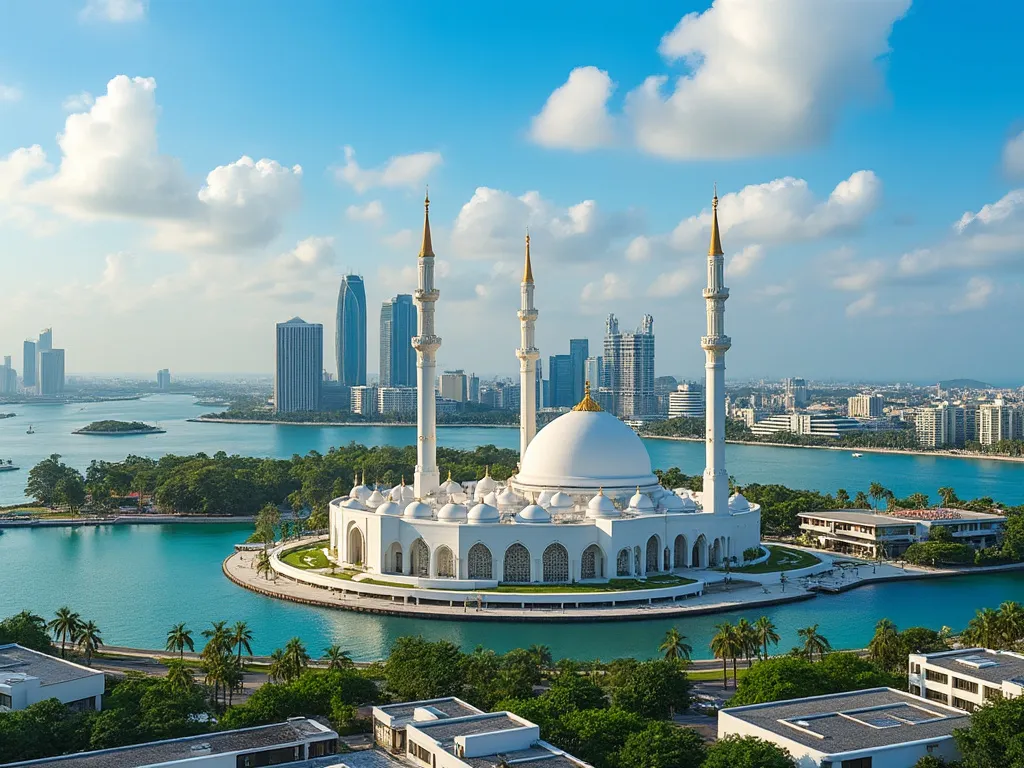
Malé, the capital city of the Maldives, is a bustling metropolis located on the southern edge of the Kaafu Atoll. With a population of over 133,000 people, Malé is the largest city in the Maldives and serves as the country's economic, cultural, and administrative center.
Malé Information
| Country | 🇲🇻 Maldives |
| Population | 133,412 (2020 estimate) |
| Coordinates | 4°10′30″N 73°30′30″E |
| Area | 5.8 km² (2.2 sq mi) |
| Climate | Tropical monsoon climate |
| Language | Dhivehi (official), English (widely spoken) |
| Currency | Maldivian rufiyaa (MVR) |
| Time zone | UTC+5 (Maldives Time) |
| Proximity to other major cities | Colombo, Sri Lanka (430 km / 267 mi), Thiruvananthapuram, India (750 km / 466 mi) |
Historical Background of Malé
Malé has a rich history dating back to the 12th century, when it was a major trading hub in the Indian Ocean. The city was an important center for the production of cowry shells, which were used as currency in many parts of Asia. In the 16th century, Malé became a Portuguese colony, and later, it was a British protectorate from 1887 to 1965. The Maldives gained independence in 1965, and Malé became the capital city of the newly independent nation.
Geographical Location of Malé
Malé is located on the southern edge of the Kaafu Atoll, which is one of the largest atolls in the Maldives. The city is situated on a coral reef, and its terrain is generally flat and low-lying. The city is surrounded by coral reefs, which provide a natural barrier against the ocean and support a diverse array of marine life.
Cultural Significance of Malé
Malé is a culturally significant city in the Maldives, with a rich heritage of Islamic traditions and customs. The city is home to many historic mosques, including the Grand Friday Mosque, which is one of the largest mosques in the Maldives. The city also hosts many cultural festivals and events throughout the year, including the Malé Fishermen's Day and the Maldives Independence Day.
Economic Importance of Malé
Malé is the economic hub of the Maldives, with a diverse range of industries, including fishing, tourism, and manufacturing. The city is home to many major companies, including the Maldives Industrial Fisheries Company and the State Trading Organization. The city's port is also an important center for trade and commerce, with many ships passing through the city's harbor every day.
Interesting Facts About Malé
- Malé is one of the most densely populated cities in the world, with a population density of over 45,000 people per square kilometer.
- The city is home to the Maldives National Museum, which showcases the country's history and culture.
- Malé is a popular destination for water sports, including surfing, snorkeling, and diving.
- The city hosts many international events, including the Maldives International Marathon and the Malé International Film Festival.
Tourist Attractions in Malé
- The Grand Friday Mosque, one of the largest mosques in the Maldives.
- The Maldives National Museum, which showcases the country's history and culture.
- The Malé Fish Market, where visitors can see the city's famous seafood on display.
- The Hulhumalé Beach, a popular spot for swimming and sunbathing.
Conclusion on Malé
Malé, the capital city of the Maldives, is a vibrant and bustling metropolis that offers a unique blend of culture, history, and natural beauty. From its rich cultural heritage to its stunning beaches and coral reefs, Malé is a must-visit destination for anyone interested in exploring the Maldives.
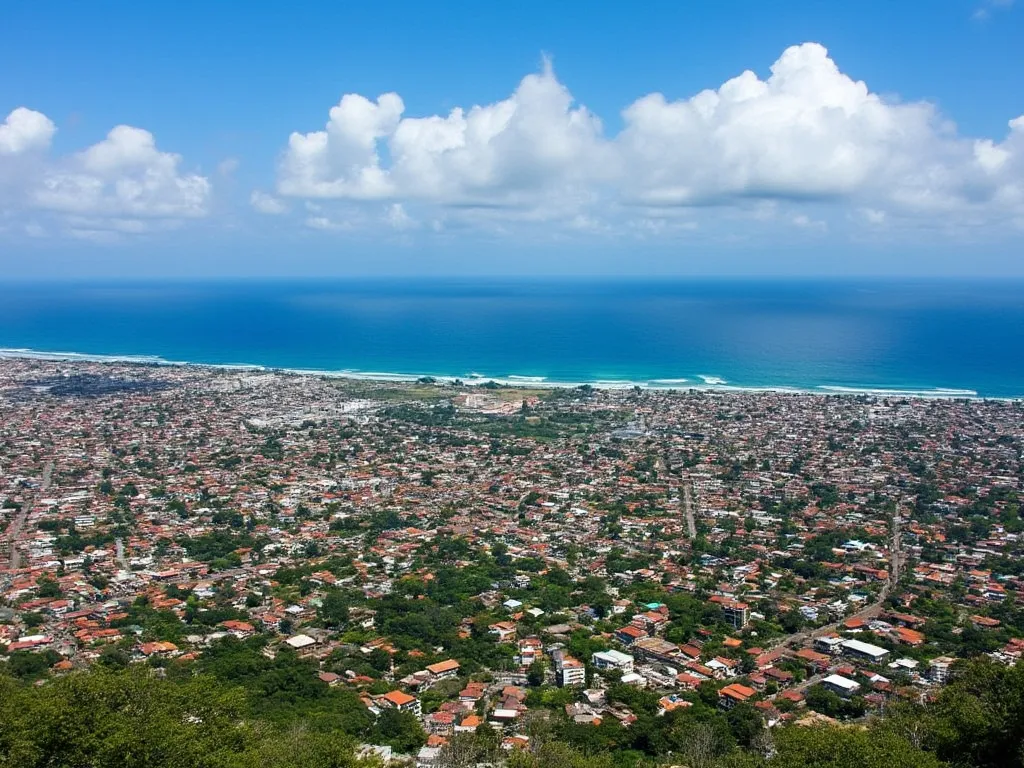 Mamoudzou
Mamoudzou
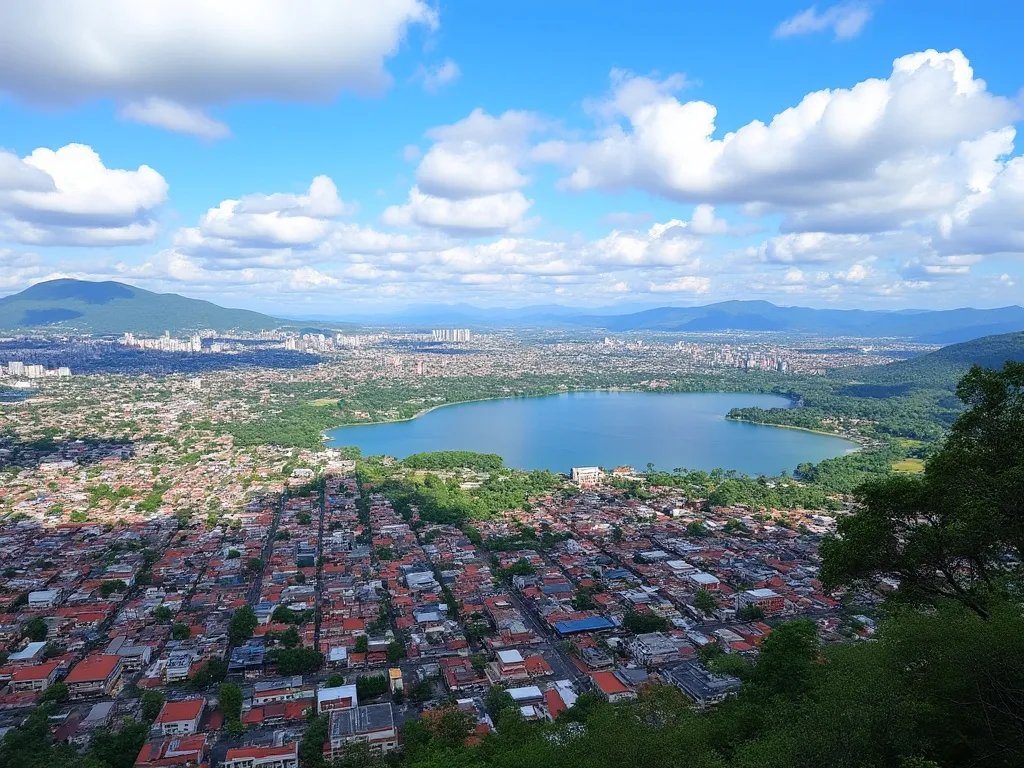 Managua
Managua
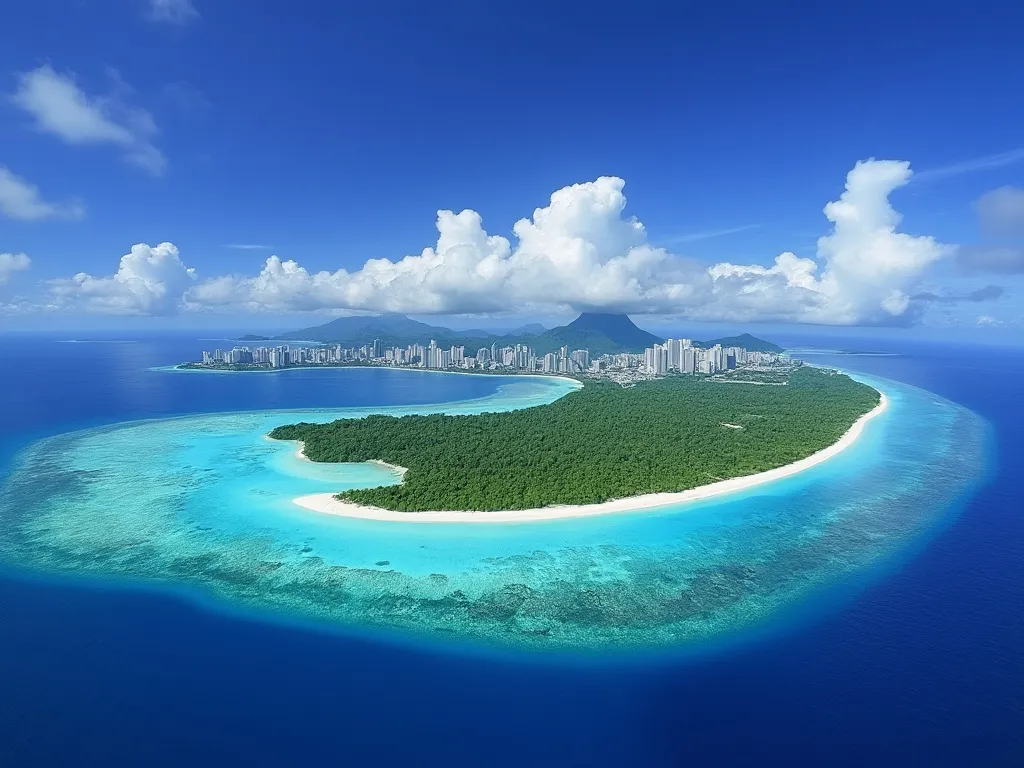 Majuro
Majuro
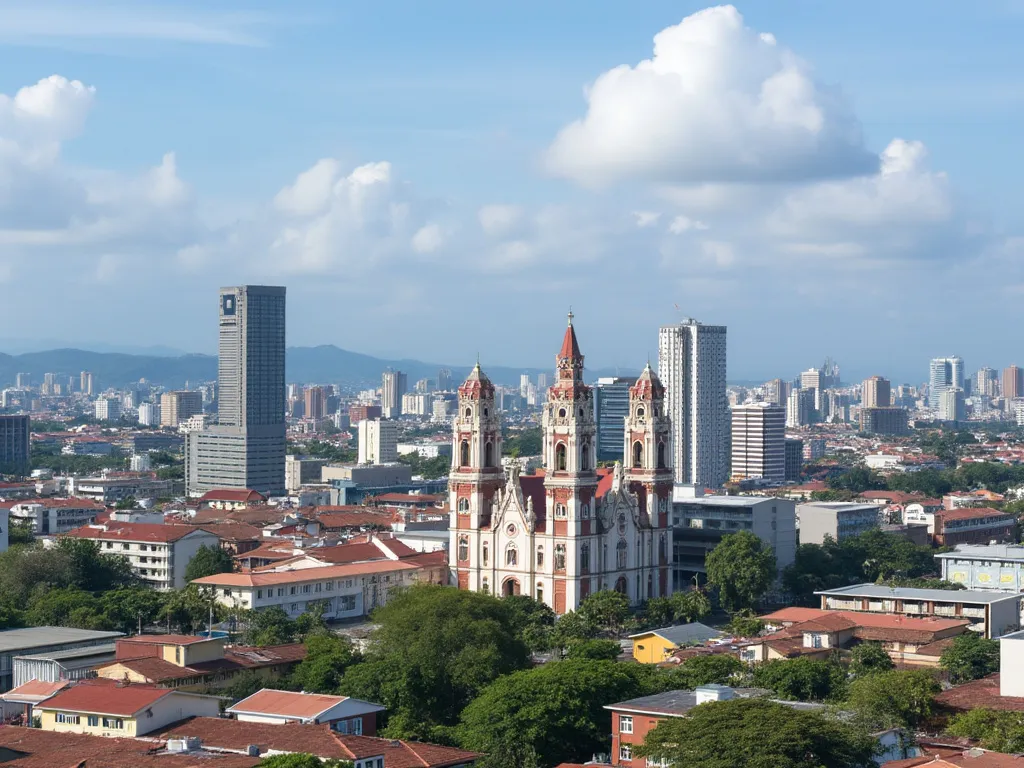 Malabo
Malabo